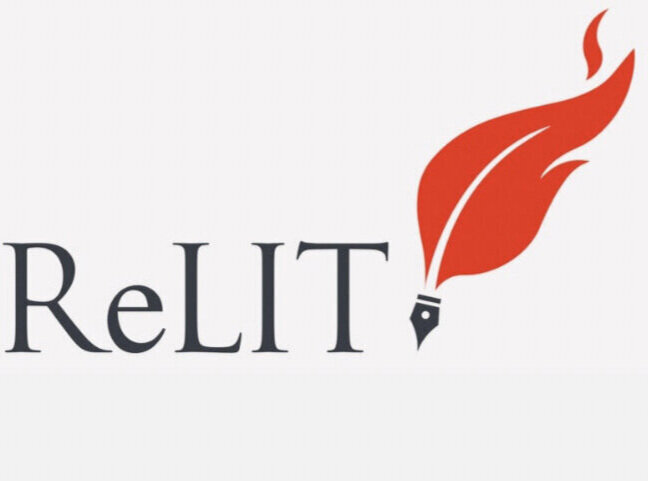Conversations
From 2016 to 2018 we ran our course "Literature and Mental Health: Reading for Wellbeing" via the University of Warwick on the FutureLearn platform of the Open University. It is no longer available for new enrollment, but all the films from the course - including interviews with, among others, Sir Ian McKellen, Stephen Fry, Melvyn Bragg, Ben Okri, Rachel Kelly and Mark Haddon, can be found on our Youtube Channel.
The great 18th century writer Dr Samuel Johnson, who suffered from severe bouts of depression, said that “the only end of writing is to enable the reader better to enjoy life or better to endure it.” The world's first free online course in "Literature and Mental Health" explores how enjoying literature can help us to endure life.
The course of videos explores the ways in which poems, plays and novels can help us understand and cope with times of deep emotional strain. Here are links to two more videos with extracts from the course, on READING ALOUD and CAN LITERATURE BE HARMFUL?
The material is divided into six series of filmed conversations, exploring a different theme in each series:
Stress: In poetry, the word “stress” refers to the emphasis of certain syllables in a poem’s meter. How might the metrical “stresses” of poetry help us to cope with the mental and emotional stresses of modern life?
Heartbreak: Is heartbreak a medical condition? What can Sir Philip Sidney’s sonnets and Jane Austen’s Sense and Sensibility teach us about suffering and recovering from a broken heart?
Bereavement: The psychologist Elisabeth Kübler-Ross famously proposed that there are five stages of grief. How might Shakespeare’s Hamlet and poems by William Wordsworth and Thomas Hardy help us to think differently about the process of grieving?
Trauma: PTSD or “shellshock” has long been associated with the traumatic experiences of soldiers in World War 1. How is the condition depicted in war poetry of the era? Can poems and plays offer us an insight into other sources of trauma, including miscarriage and assault?
Depression and Bipolar: The writer Rachel Kelly subtitles her memoir of reading her way through depression, Black Rainbow. Which texts have people turned to during periods of depression, and why? What can we learn from literature about the links between bipolar disorder and creativity?
Aging and Dementia: One of the greatest studies of aging in English Literature is Shakespeare’s King Lear. Is it helpful to think about this play in the context of dementia? We ask Sir Ian McKellen, one of the great Lears of our time. And we explore with Melvyn Bragg how it is that sufferers of age-related memory loss often still able to recall the poems they have learned “by heart”.
Along the way, we also hear from doctors, who offer a medical perspective on the conditions discussed in the course, as well as from a range of people who have turned to literature at moments of crisis, including such well-known figures as polymath Stephen Fry, Booker prize winning writer Ben Okri, and author of The Curious Incident of the Dog in the Night, Mark Haddon.
To see how Learners benefited from the course on FutureLearn, have a look at the selection of Feedback Comments.
